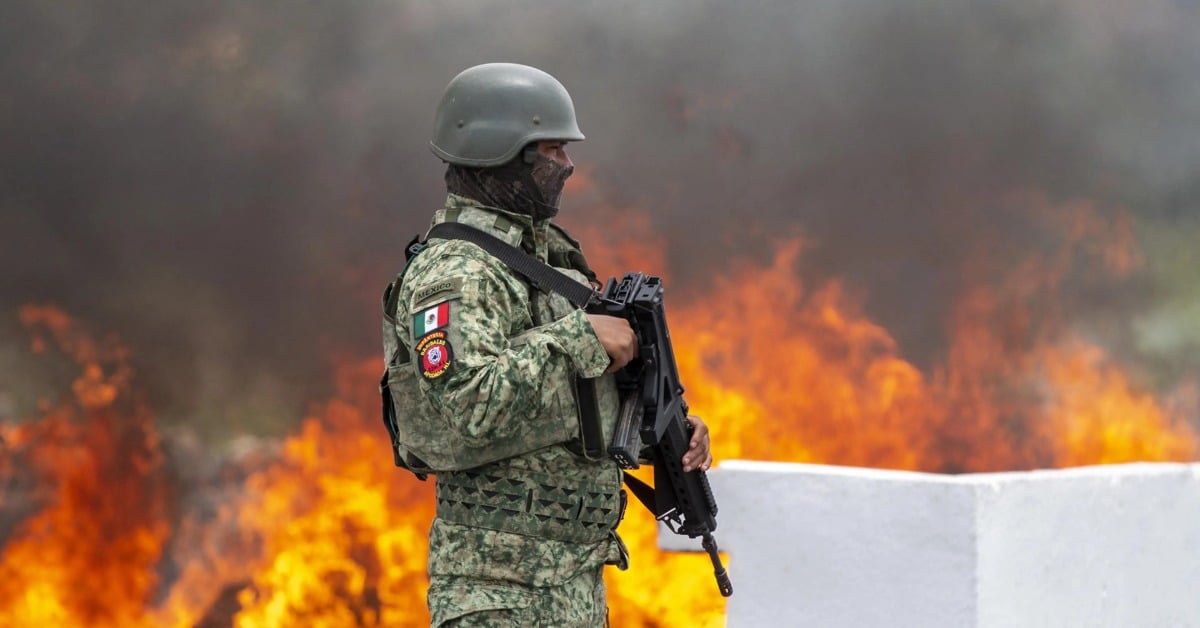PRI accuses Mexico's ruling party of forming a narco-government and calls for a united opposition to confront corruption, impunity, and authoritarianism . . .


PRI accuses Mexico's ruling party of forming a narco-government and calls for a united opposition to confront corruption, impunity, and authoritarianism . . .
